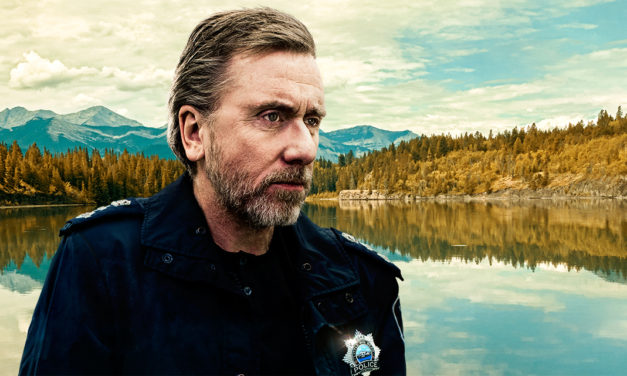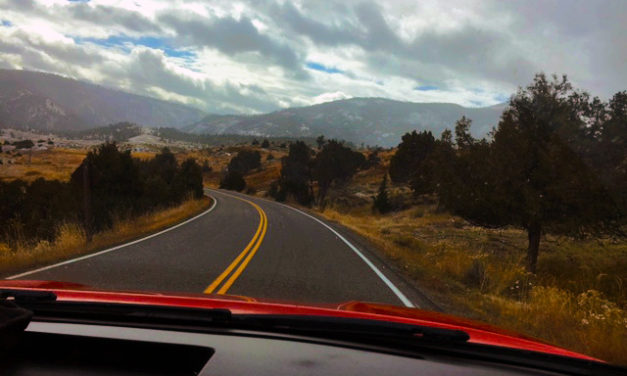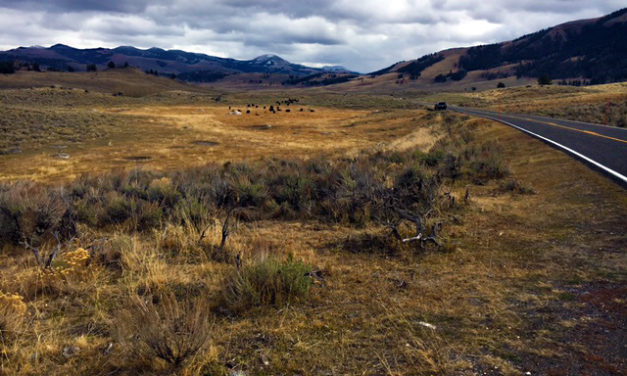Free Speech in the Marketplace of Ideas
As far as I can tell, the 19th-century liberal notion of a free marketplace of ideas underwrites the absolutist position on free speech: Brendan O’Neill’s for example. The reasoning is that the more competition for our attention, the better the outcome, because we will all have more information. This is at least a problematic notion because there is no such thing as a free marketplace of ideas, and there never has been – until perhaps now with the Internet. But that raises a different question about the consequences of free speech. Does the choice the market makes render speech valid? Or rather, is majority rule the only measure of democracy? That transposition from markets to politics is warranted, I believe, because the arguments about free speech on campus presuppose the political purposes of the First Amendment. As Thomas I. Emerson explained, in an Aristotelian mood, freedom of expression is: (1) a means of self-realization–you can’t become what you want to be when you grow up unless you can freely express yourself. That project of moral development, the possibility of virtue, serves the purposes of (2) attaining the truth through debate and (3) equipping individuals with what they need to participate in political deliberations. And this civic consequence will (4) balance authority and freedom. All right, let’s test Emerson’s distinction between expression and action according to his own criteria, so...
Read More



